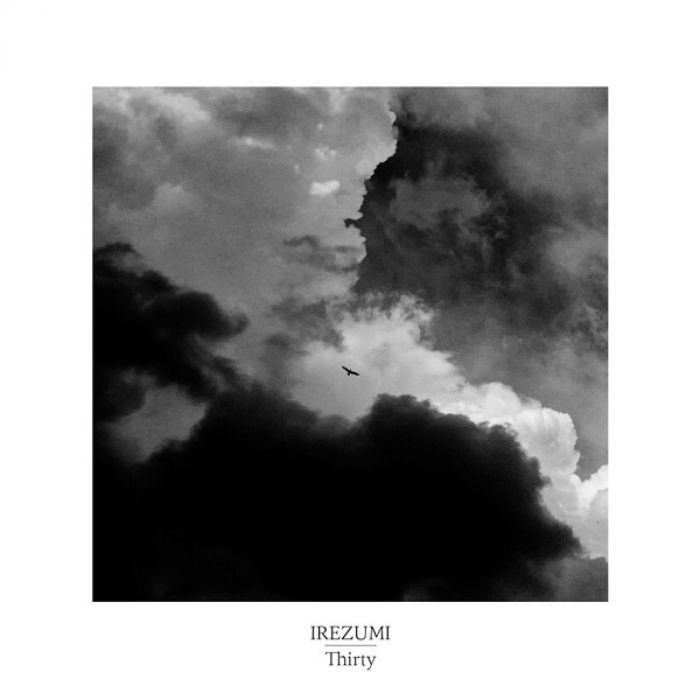Thirty by Irezumi (Review)

I turn forty in a few short weeks, and while most of the time it doesn’t seem nearly the important, life-changing milestone that our society has made it out to be, there are those times when the existential angst sets in. When I start to wonder if I’ve really made something of my life, or if I’ve squandered my days instead. When I wonder if I shouldn’t feel more “adult” than I do, and if I even know what it means to be an “adult,” even after two mortgages, ten years of marriage, and three kids.
If the music on Thirty is any indication, then Paris-based ambient musician Irezumi experienced plenty of angst upon reaching his third decade here on God’s green earth. The nine songs that make up Thirty — with such open-ended titles as “Hope,” “Drowning,” and “Like Tears in Rain” — consist largely of brooding atmospherics and ominous, melancholy clouds of synthesizer. Rays of light occasionally shine through, as on “Contemplations” and the aptly titled “Lights,” but Thirty is a largely downbeat and haunting album.
However, Irezumi crafts ambient soundscapes with such elegance that they never feel insufferable or too consumed by their own gloom. Even at their most harrowing (e.g., the choir of anguished souls that emerges during the Twin Peaks-ish “Falling”), there’s still an emotional connection being forged in the midst of the songs’ darkness.
On his website, Irezumi calls Thirty “a statement of several years of combat about depression, doubts, fears, mourning & resilience.” Depression, doubts, and fears can definitely be heard and felt throughout the album, with the resilience manifesting a certain hope on “Contemplations” and “Lights.” On the former, shimmering strands of guitar reflect light across the song’s surface while the latter has gentle CFCF-esque piano melodies drifting amidst fluttering synth tones.
Thirty is dedicated to Manuel’s brother, who died last year (no doubt a source of the aforementioned depression and mourning). As such, it’s only fitting that the album’s finest moment — it’s most lovely and touching — is titled “Goodbye Brother.” Sounding like a lighter Makeup and Vanity Set sans the ’80s synth-wave sound, “Goodbye Brother” builds slowly during its six minutes; arpeggios and sparse synth chords grow in intensity, both in terms of volume and emotion, and the song becomes both a lovely tribute to a now-absent sibling and a masterful culmination of everything Irezumi does in the preceding eight songs.
Or put another way, “Goodbye Brother” is my first favorite song of 2016.